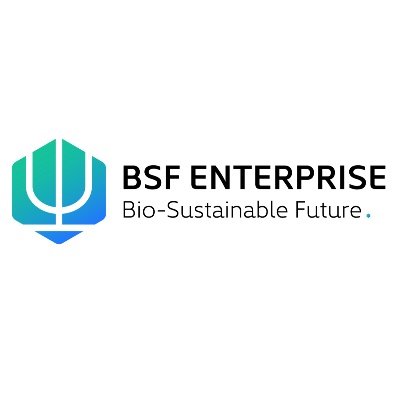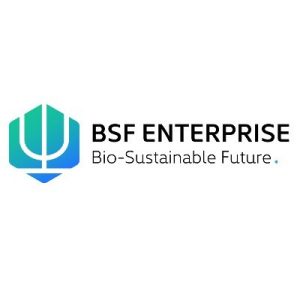The aging global population is driving a rise in vision impairment, which in turn affects physical, cognitive, and mental health. Among the most commonly transplanted human tissues worldwide are corneas, with approximately 185,000 procedures performed annually. However, despite the high demand, an estimated 55% of the global population lacks access to the necessary donor material.
Efforts are being made to address this issue through collaborations between private companies and university research teams. These partnerships aim to bring together expertise in tissue engineering and corneal physiology to develop innovative treatments for corneal damage and perforation. One such development is the LiQD Cornea, a single-use medical device designed to provide early intervention for certain corneal infections and conditions, potentially reducing the need for full transplants.
The LiQD Cornea is activated and injected directly into the eye. Its technology, involving in situ gelling, supports the healing process by combining the patient’s corneal stromal cells with a synthetic extracellular matrix protein. This helps re-epithelialise the eye’s surface, resulting in new tissue that mirrors the natural curvature of the eye and remains transparent. The tissue that forms is composed of the patient’s own cells, reducing the risk of rejection and promoting a more seamless healing process.
Preclinical studies have already been conducted, showing promising results. The expectation is that using the LiQD Cornea could simplify procedures by eliminating the need for a full transplant in many cases. For patients, this could mean shorter hospital stays, fewer post-operative complications, lower costs for healthcare providers, and overall better outcomes.
To ensure that products like the LiQD Cornea are smoothly integrated into clinical practice, specialists have collaborated with ophthalmic surgeons and will continue to do so. These discussions are vital not only for supporting the design of clinical trials but also for ensuring the needs of patients are considered at every step. Engaging with patient groups helps to shape the trial process and is crucial for the eventual success of the product.
The clinical trial design will take into account several factors to gain regulatory approval and facilitate product launch. These factors include patient numbers, the safety profile of the device, clear instructions for its use in clinical settings, ease of use, and effective patient follow-up procedures.
The ultimate goal is to demonstrate the safety and effectiveness of the LiQD Cornea through human clinical trials. Success in these trials would be a key step toward making this innovative treatment widely available to patients in need.
Advances like the LiQD Cornea could significantly transform how corneal damage is treated, offering a less invasive and more accessible solution for patients globally.
BSF Enterprise plc (LON:BSFA), the owner of pioneering UK-based clinical and cellular agriculture company 3D Bio-Tissues, is unlocking the next generation of biotech solutions. It is achieving this through an acquisition-led growth strategy to drive the development of lab-grown tissues.


